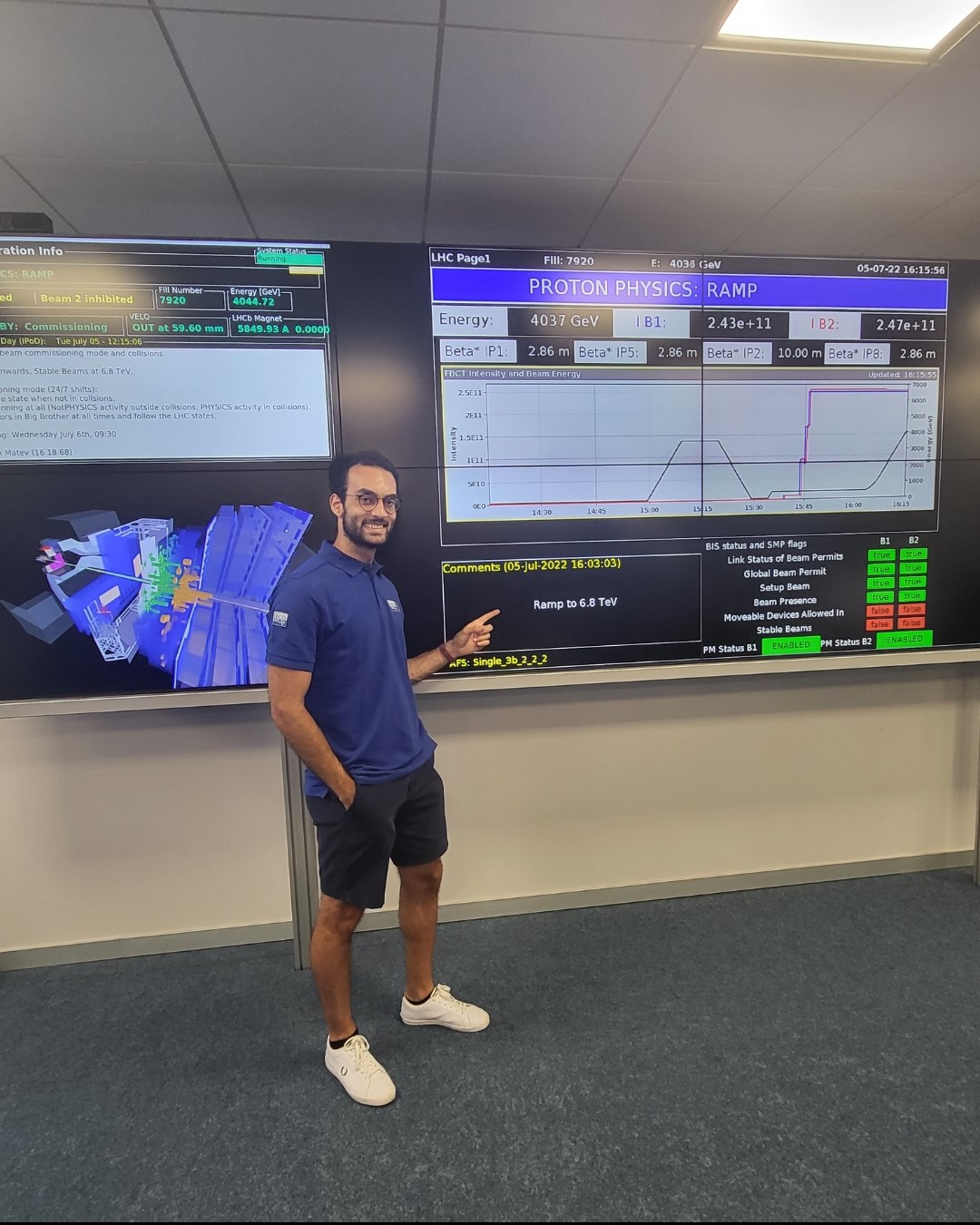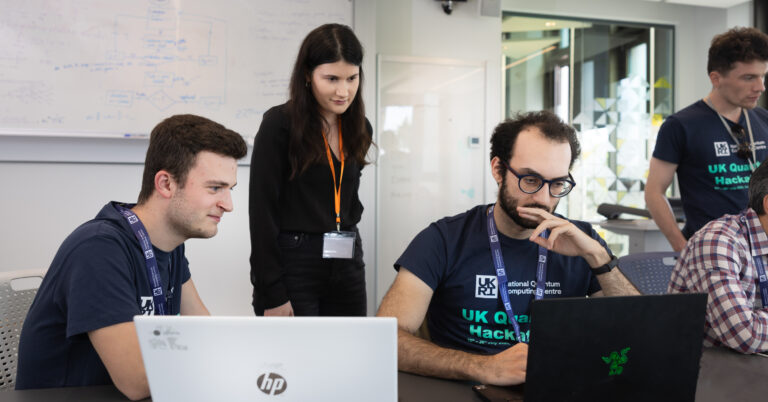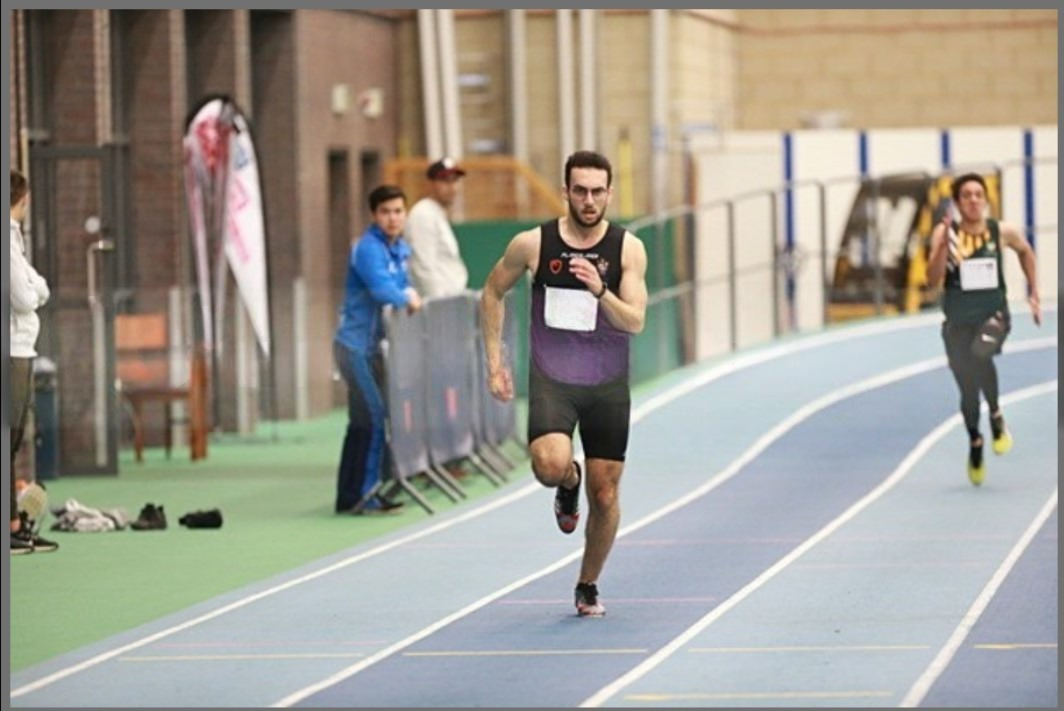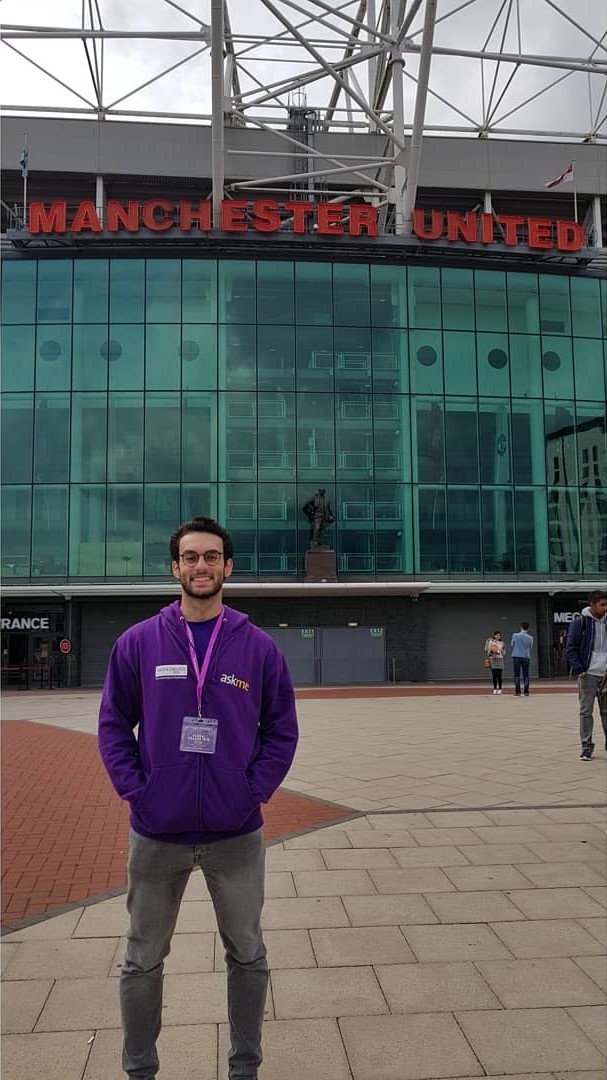See my work
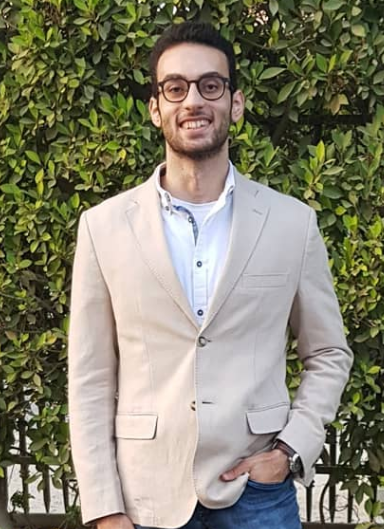
About me
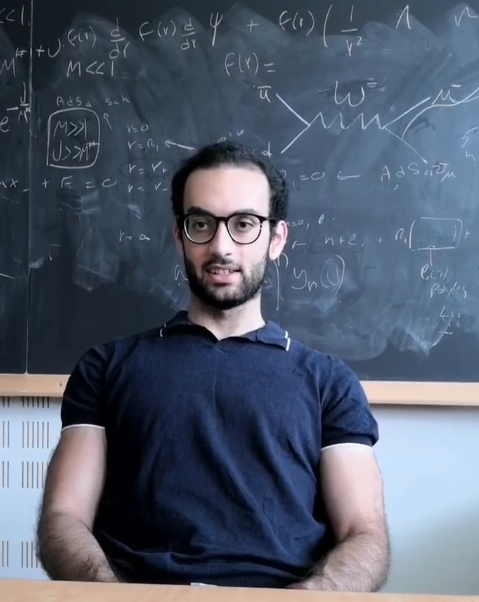
Brief CV
As of 28/07/2024
View
Longer CV
As of 28/07/2024
View
Instagram Interview
My interview on the official LHCb Instagram page
View
- Hailing from Cairo, Egypt.
- Particle Physics Research Fellow at the University of Warwick (LHCb Experiment - CERN) (Nov 2024 - Present).
- Particle Physics PhD at the University of Warwick (LHCb Experiment - CERN) (Oct 2020 - Oct 2024). First determination of the W boson mass in 2 steps at a hadron collider - using the measured `d\sigma`/`dp_T^\mu` distribution for W production.
- MPhys Physics from the University of Manchester (ATLAS Experiment - CERN) (2016-2020). Tried to prove Majorana Neutrinos exist using Left-Right Symmetric Models (SM Extension/BSM) and simulations.
- Previous Member of STAR group at Brookhaven National Lab (New York). Did QA work for 6 months (search for Quark-Gluon Plasma using heavy ions).
- Former Secretary, International Representative, Particle Physics Group representative and Athena Swan representative of the Postgraduate Student-Staff Liaison Committee of the University of Warwick Physics Department (PGSSLC).
- Former Secretary of the University of Manchester Nuclear & Particle Physics Society (UoM NPPS).
- Short-distance sprinter (100m and 200m) and former national champion.
- Manchester United FC fan.
- Particle Physics (especially Electroweak and BSM studies).
- Machine Learning (Python, TensorFlow, Keras).
- Quantum Computing (Qiskit, IBM Quantum Experience).
- Web Development (HTML, CSS, JavaScript).
- Football (Manchester United FC).
- Sprinting (100m and 200m).
- Reading (especially fantasy and science fiction).
- Music (playing the drums).
- Traveling (visited 21 countries so far).
Computing (click arrow to expand)
Python
Data analysis projects with Pandas, NumPy, Matplotlib, Seaborn, Scikit-learn, TensorFlow, Keras.
C++ 
Experience with OOP, Boost, BoostPython binding, metaprogramming, Lazy evaluation, Parallel executing, and STL.
ROOT 
Data analysis in the context of High Energy Physics
CUDA 
Parallel computing on NVIDIA graphics processing units (GPUs).
Bash
Shell scripting and system administration.
Linux (Ubuntu, CentOS, RHEL)
Experience with various Linux distributions and system administration.
SQL
Experience with relational databases and SQL queries.
LaTeX (for writing scientific papers) 
Experience with writing scientific papers and creating presentations using LaTeX.
HTML, CSS, JavaScript
Web development and creating interactive websites.
Rust 
Systems programming, memory-safe concurrency, replacing C/C++.
Qiskit, Pennylane and Cirq 
Quantum Computing and Quantum Machine Learning.
Git, Github, Gitlab 
Version control and collaboration on software projects.
Docker
Containerization and deployment of applications.
Microsoft
Experience with Microsoft tools and technologies (Azure DevOps, PowerBI, WSL, Word, Excel, PowerPoint, Teams).
Google
Experience with Google tools and technologies (Google Cloud, Kubernetes, Colab, Drive).
Postdoctoral Research Activities
My current postdoctoral research activities are multifaceted, encompassing several key areas within particle physics.
In particular, my work includes:
-
Advancing the precision measurement of the W boson mass using data from the LHCb experiment at CERN, based on the full Run 2 dataset at `\sqrt{s} =`13 TeV .
-
Leading the TORCH detector test-beam analysis group. Also, responsible for the development of reconstruction and simulation software.
-
Performing a search for the `B_c^+ \to B_s^{\ast}\pi^+` decay using LHCb data and partial reconstruction techniques.
-
Leading and coordinating LHCb DPA WP4 (Innovative Analysis Techniques), where we explore and implement cutting-edge analysis methods to improve the sensitivity and precision of measurements, with regular monthly meetings.
-
Exploring the application of quantum computing techniques to enhance data analysis and simulation in high-energy physics. I organised the
first LHCb Quantum Computing Workshop in July 2025.
PhD Project

Wiki and Presentations (need CERN account)
Work done with Dr Mika Vesterinen and Dr Miguel Ramos Pernas as part of the team trying to perform precision measurements of the W boson differential cross-section and mass using data from the renowned LHCb experiment at CERN.
In my PhD research project, we examined the charged lepton transverse momentum spectrum in `W\rightarrow\mu\nu` decays. We investigated the feasibility of background subtraction as a method for determining the `W` boson mass through measuring the differential cross-section in `p_T` and `\eta`. The ultimate aim of the project was to make the first measurement of the unfolded muon 𝑝𝑇 with sufficient precision. This would then allow for the precise measurement of the `W` boson mass, which has never been measured with this 2-step method before. We leverage the dataset obtained at a center-of-mass energy of `\sqrt(s)=5` TeV from 2017 as a proof-of-principle measurement to demonstrate the effectiveness of the background subtraction technique. Our goal is to expand this measurement to encompass the entirety of the LHCb Run 2 dataset, which operates at a higher energy of `\sqrt(s)=13` TeV, thereby showcasing the full potential of our approach.
The proof of principle on the `W` boson mass measurement at LHCb paper can be accessed here.
My thesis can be accessed here.
FAQ
1. Why do we care about mW?
- W boson is one of the key probes for new physics effects slightly deviating from the Standard Model.
- The “Global electroweak fit” is sensitive to BSM physics, and the precision of the W boson mass is the bottleneck.
- It allows us to probe further into the precision of mass measurements of the Higgs boson and the top quark.
- At the precision that we are measuring mW, we are probing quantum loop corrections, including, possibly, loops from BSM.
2. What is unique about this study?
- We aim to contribute to a highly precise measurement of mW.
- We are experimenting with background subtraction as a new method for determining mW.
- We are aiming for the first unfolded measurement of the muon 𝑝𝑇.
- We are using the LHCb detector as a General Purpose Detector.
- Our measurement can be a significant contribution towards an LHC-wide average.
3. How would your results compare to previous experiments?
- We would measure the cross section as a function of [pT ,η] rather than just η.
- By utilising the `\sqrt(s)=5` TeV dataset at LHCb obtained in 2017, our objective is to establish a proof-of-principle measurement that showcases the potential of the background subtraction method and unfolding techniques. This initial demonstration will pave the way for a seamless transition to utilizing the comprehensive Run-II dataset at `\sqrt(s)=13` TeV, enabling us to achieve significantly enhanced precision and reduced uncertainties
- Our unfolded measurement (first of its kind) will allow theorists to use their models and try to fit mW without worrying about constraints from detector uncertainties.
Public Presentations and Lectures
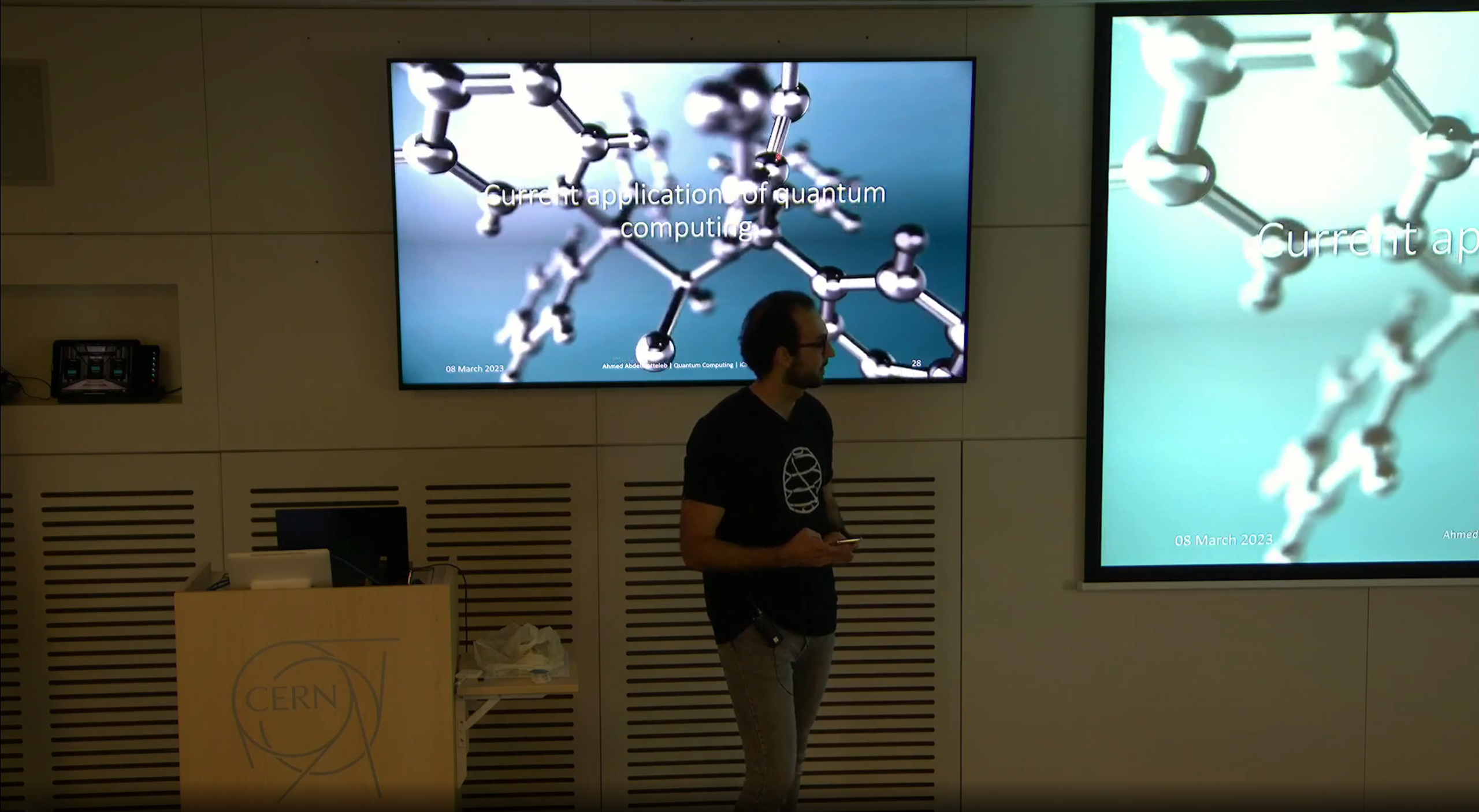
Inverted CERN School of Computing (iCSC) Lecture 1 on Quantum Computing
CERN, Switzerland
8 March 2023
Inverted CERN School of Computing (iCSC) Lecture 2 on Quantum Computing
CERN, Switzerland
9 March 2023
Inverted CERN School of Computing (iCSC) Quantum Computing Exercise session
CERN, Switzerland
9 March 2023
LHCb Starterkit 2021 Beginner's Python
Online(Zoom)
22 November 2021


